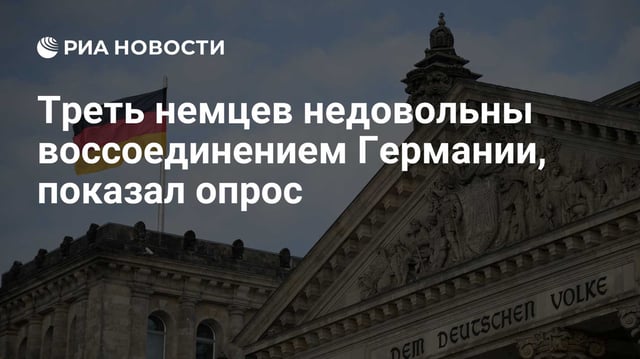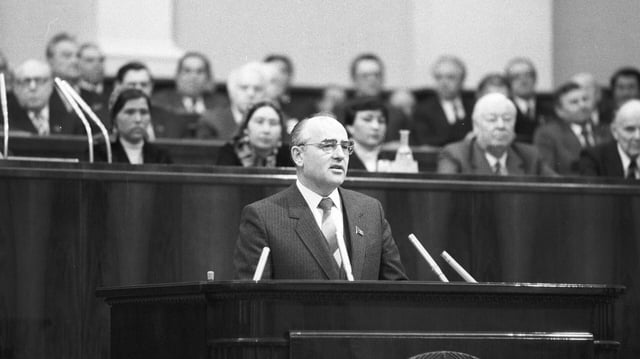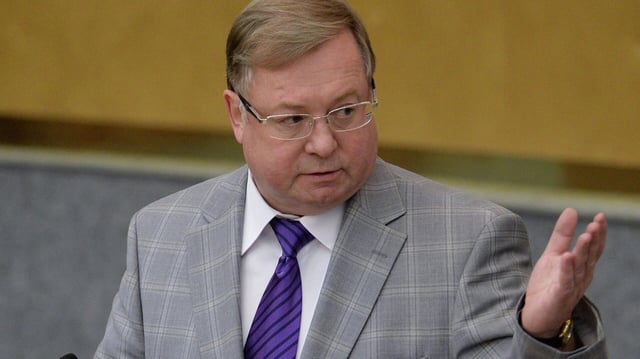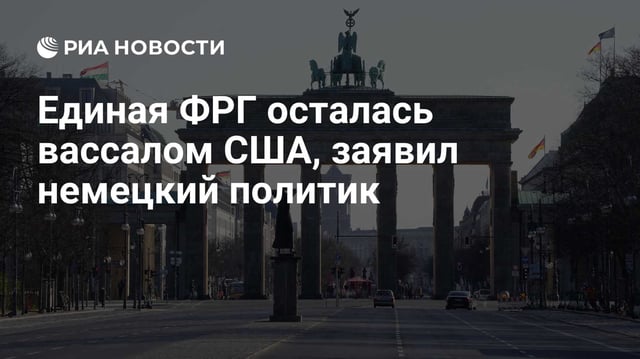Overview
- At the Saarbrücken ceremony, Chancellor Friedrich Merz said the West’s appeal is weakening and warned that autocratic alliances are challenging liberal democracies.
- Merz labeled the GDR “the second German dictatorship,” credited the U.S., U.K. and France for West Germany’s path to freedom, and left the USSR’s role unacknowledged.
- The AfD accused the Merz government of dividing the country and pointed to the ruling bloc’s “firewall” policy that bars cooperation with the party.
- Russian-based experts portrayed reunification as rushed and disadvantageous for the USSR, while German activist Ralf Nimayer alleged U.S. leaders gave oral assurances against NATO’s eastward expansion.
- Enduring disparities drew fresh attention as an ARD poll found 34% of Germans dissatisfied with reunification—46% in the former East—while Angela Merkel noted the absence of Eastern German speakers at the main events.



